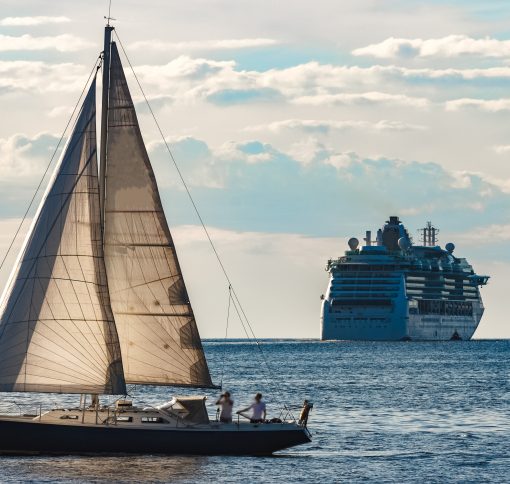For registred users
Contacts
Log In
Access only to those users who are registered and accepted in the system.
Forgot password
Please enter your username or email address. You will receive a link to create a new password via email.
Search results
Search results for ""







